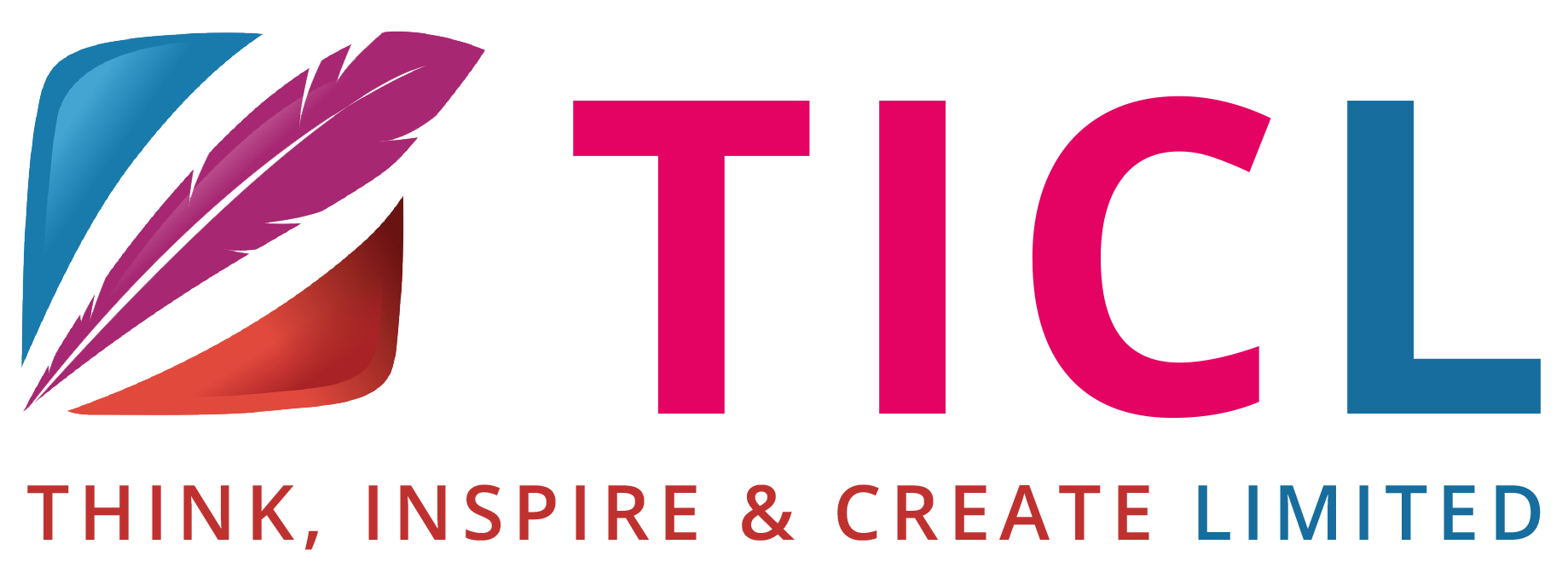What Is My Learning Style?

Many people perceive themselves to only have one preference for learning. A preference for learning styles only reduces your willingness and scope for learning. But before I explain further, let’s revisit what we mean by the preference for learning styles.
Do you know how you best take in new information? You may have an inkling, but have you stopped to think about how you take in new information and why some information sticks, yet some doesn’t?
I was one of those children that struggled to learn from a text-book. The phrase “text-book” made my muscles tighten and would make me feel tense. Why? Well, I probably didn’t have the success that others had when it came to reading passages of text and answering questions from it.
Can I read? Yes, I can.
Can I take in lots of information and retain that knowledge from reading? Yes, I can, just as much as any other human.
Do I enjoy it? No.
A huge amount has been published over the years on learning styles which all follow a similar theme:
Kolb’s “doing, feeling, watching and thinking” model.
Honey and Mumford’s 4 stages of learning as: Activists, Reflectors, Theorists and Pragmatists.
Barbe’s VAK modalities (Visual, Auditory and Kinesthetic) which Flemming built into VARK (the R representing Reading/Writing).
So, what do all these mean when you take a step back? Well, these theorists have classified that we all learn in different ways.
So back to the pressing question, is there such a thing? The above theorists would answer that with a yes, but recent work suggests otherwise.
Tesia Marshik (2015) stated in her Ted Talk that their research shows that learning styles as mentioned above do not exist and classifying yourself into one of these modes is not just wrong but also dangerous. Despite 90% of surveyed people saying they have a preferred learning style, there was no evidence to suggest that those people learned any more from their favoured modes or styles than they did from styles that were not their preference.
What Marshik stated was that our ability to retain information depends on the meaning we make of it, and not according to visual images or auditory sounds. Basically, can we make sense of the information being presented to us? Where we can, we remember it and can recall it.
My key thoughts are that we have natural ways that we enjoy learning. I don’t like to read books, but I do enjoy listening to audiobooks. I wouldn’t read manuals for fun, but I am motivated to make the most of everything. I will read manuals for my SLR camera so that I can take better pictures of my son. I will read recipes to make more scrumptious meals for my family. I will read articles and books to learn new things and challenge my thinking.
What makes learning enjoyable for you? How can you motivate those around you to learn something that is not in their perceived favoured learning style?
